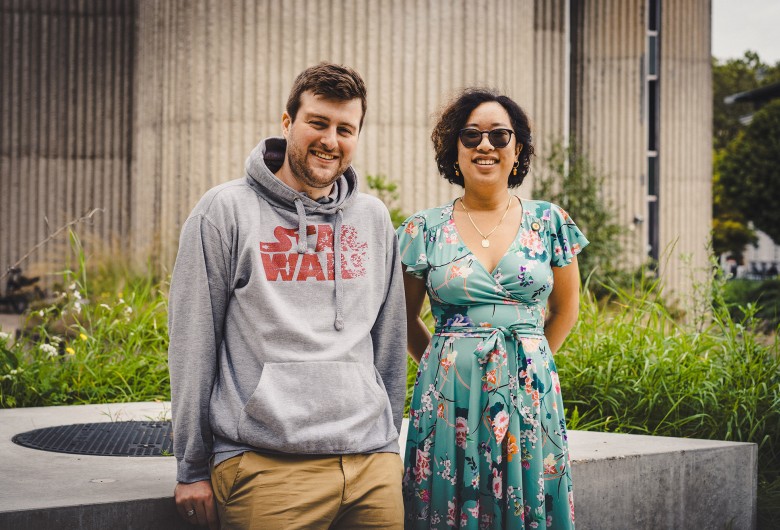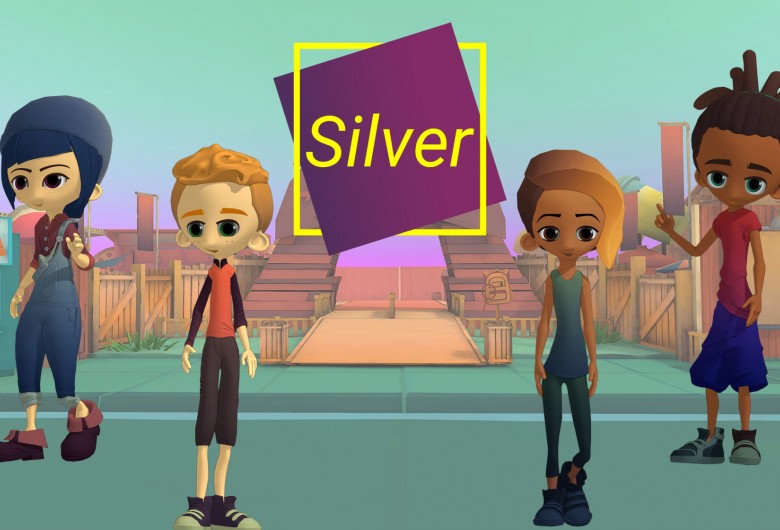Chat line for and by students even known to the king
Students Oshin and Jarne founded Epione, a chat line for and by students, two years ago. Meanwhile, their initiative to improve students' mental well-being is even on the radar of the Belgian King.







